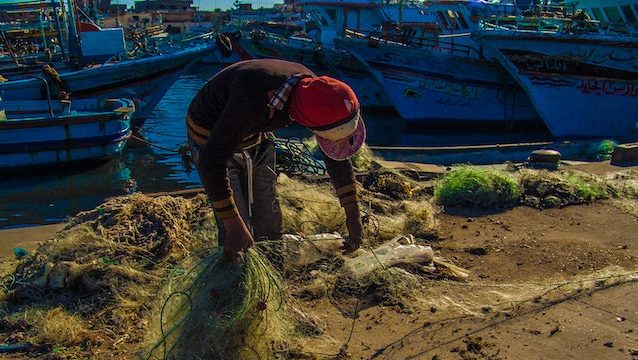The Marine Stewardship Council’s new Chain of Custody Certification will not be effective in identifying, preventing, or protecting seafood workers from labor rights violations.
As part of the Thai Seafood Working Group, a coalition of leading labor, human rights, and environmental organizations, Freedom United signed onto a joint statement with 12 other organizations that points to weaknesses in MSC’s new policies.
Take Action: Help End Forced Labor
Specifically, the coalition takes issue with two main areas of the Chain of Custody Certification:
1)The criteria for determining which countries are “high risk” (and therefore requiring that seafood operations undergo labor audits to obtain MSC certification)
2) The questionable labor audit programs proposed for operations in countries considered to be high risk.
From our joint statement posted by Human Rights Watch:
An operator is exempt from a labor audit if the country they are operating in is deemed “low risk” by meeting at least two of the four indicators set out by MSC. It is extremely problematic that operators seeking MSC certification are not all assessed on an individual basis but at a country level: if a country is considered low risk, then all seafood operators in that country are exempt from the labor requirements for the certification.
Risk assessment and classification on the basis of these criteria will effectively allow seafood operations that may have serious labor abuses to be certified without any labor due diligence. For example, if the current risk assessment criteria were applied to Taiwan, Hong Kong, South Korea, and the US, all would meet at least two of the criteria for low risk. This is alarming, given the well-documented occurrence of forced labor in the seafood and/or fishing sectors in these countries.
If countries are classified as high risk by the above risk assessment criteria, operators must undergo one of three third-party labor audit programs. The Thai Seafood Working Group has expressed our concern about the use of SA8000, Amfori, and SEDEX as the accepted programs. They have proven to be ineffective in other supply chain industries, such as apparel, palm oil, and cocoa, in some cases with tragic results.
Given these weaknesses, the Thai Seafood Working Group has three recommendations for MSC and other environmental certification bodies that aim to incorporate labor rights into their policies.
- All seafood operations, regardless of which country they are in, should be required to conduct proper due diligence on labor requirements for MSC certification.
- Develop a complaints mechanism that provides workers and labor rights stakeholders with a channel to raise complaints or grievances about labor issues.
- Undertake genuine consultation with labor organizations to develop future iterations of this and other certifications.







Freedom United is interested in hearing from our community and welcomes relevant, informed comments, advice, and insights that advance the conversation around our campaigns and advocacy. We value inclusivity and respect within our community. To be approved, your comments should be civil.